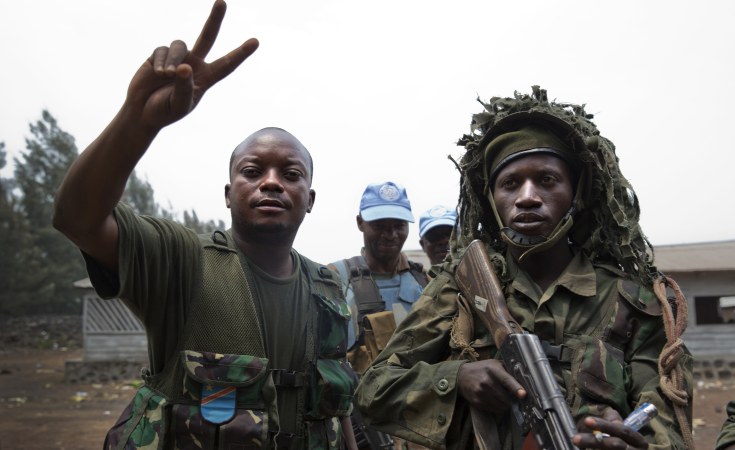The much-anticipated Ministerial meeting in Luanda, aimed at addressing the ongoing conflict in eastern Democratic Republic of Congo (DRC), ended without a consensus between Rwanda and the DRC on committing to direct talks with the M23 rebel group for a political solution.
The summit, which was expected to be a turning point in efforts to de-escalate the tensions between the two nations, faced significant obstacles.
Despite calls for dialogue, particularly from the President of Angola, João Lourenço, who is acting as a mediator, both sides failed to reach an agreement.
Rwanda and the DRC remain deeply divided over how to engage with the M23 group, which has been a central player in the ongoing instability in the region.
In the backdrop of the summit, DRC officials, including President Félix Tshisekedi, have repeatedly threatened to pursue regime change in Rwanda, further complicating the diplomatic situation.
These statements have only heightened fears of escalating conflict between the two nations.
In addition to the DRC's military forces (FARDC), a complex web of regional actors is involved in the eastern DRC conflict, including European mercenaries, the Burundian military, and militias such as the Wazalendo and the FDLR.
The FDLR, a notorious Rwandan rebel group, has long been a point of contention, with Rwanda calling for concrete actions to address the threat it poses.
Despite repeated calls for a stronger stance on the FDLR, both the DRC government and its allies have been slow to take decisive action, leading to frustrations from Kigali.
Rwanda has expressed its readiness to engage in future dialogue, but only if a serious and concrete path forward is agreed upon -- one that goes beyond political maneuvering and addresses the underlying issues fueling the conflict.
The lack of progress at the summit has led to the postponement of further talks, providing space for continued diplomatic efforts, including a proposed dialogue led by former Kenyan President Uhuru Kenyatta, on behalf of the Angolan President.
This dialogue aims to facilitate direct discussions between the M23 and DRC in an effort to find a sustainable political solution.
As tensions remain high, the international community continues to watch closely, hoping for a resolution that can address the deep-rooted issues in eastern DRC, including the presence of armed groups and regional instability.
Rwanda has reiterated its commitment to participating in any summit that promises a genuine and actionable path to peace, urging all parties to move beyond political rhetoric and take meaningful steps toward ending the conflict.


